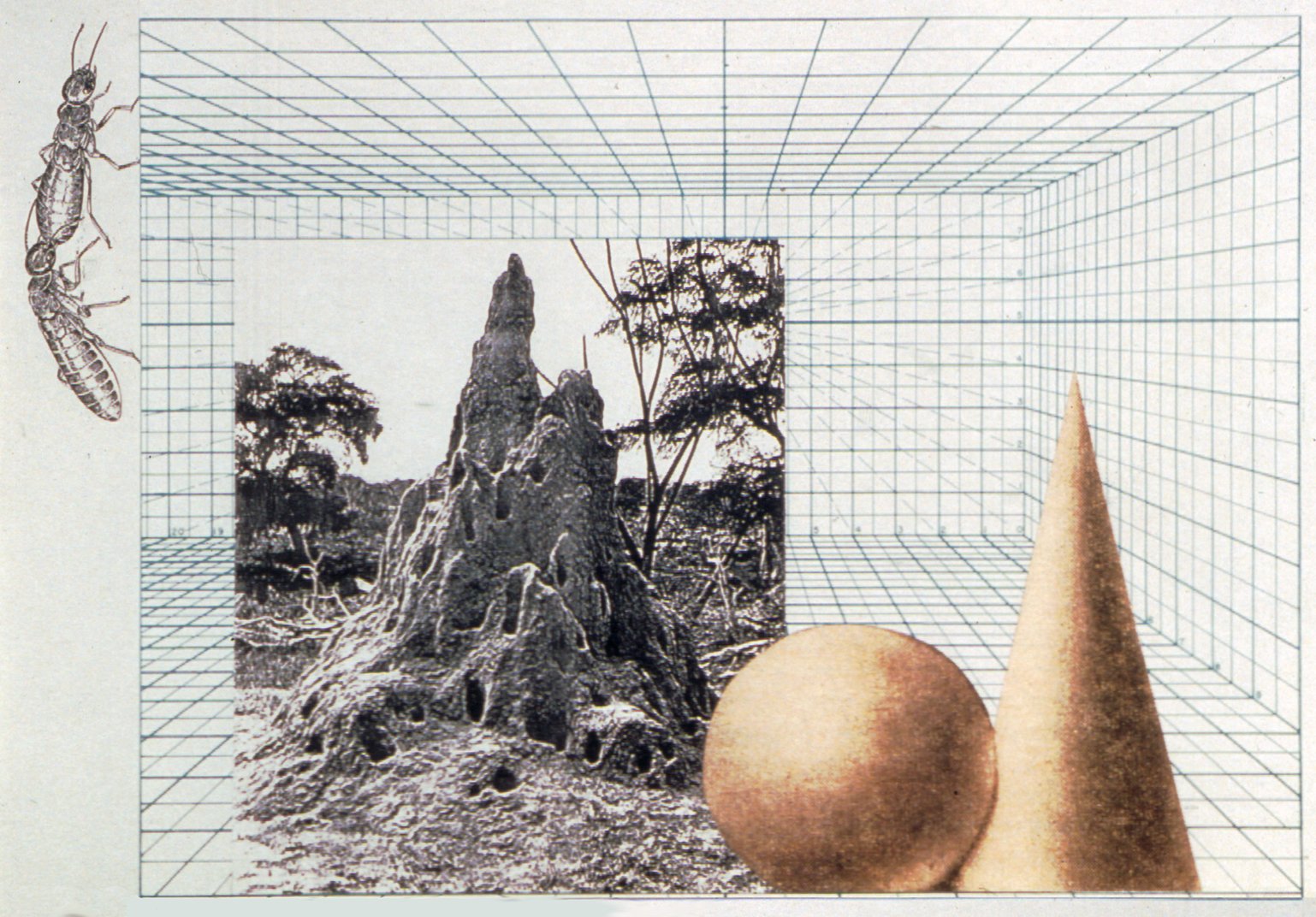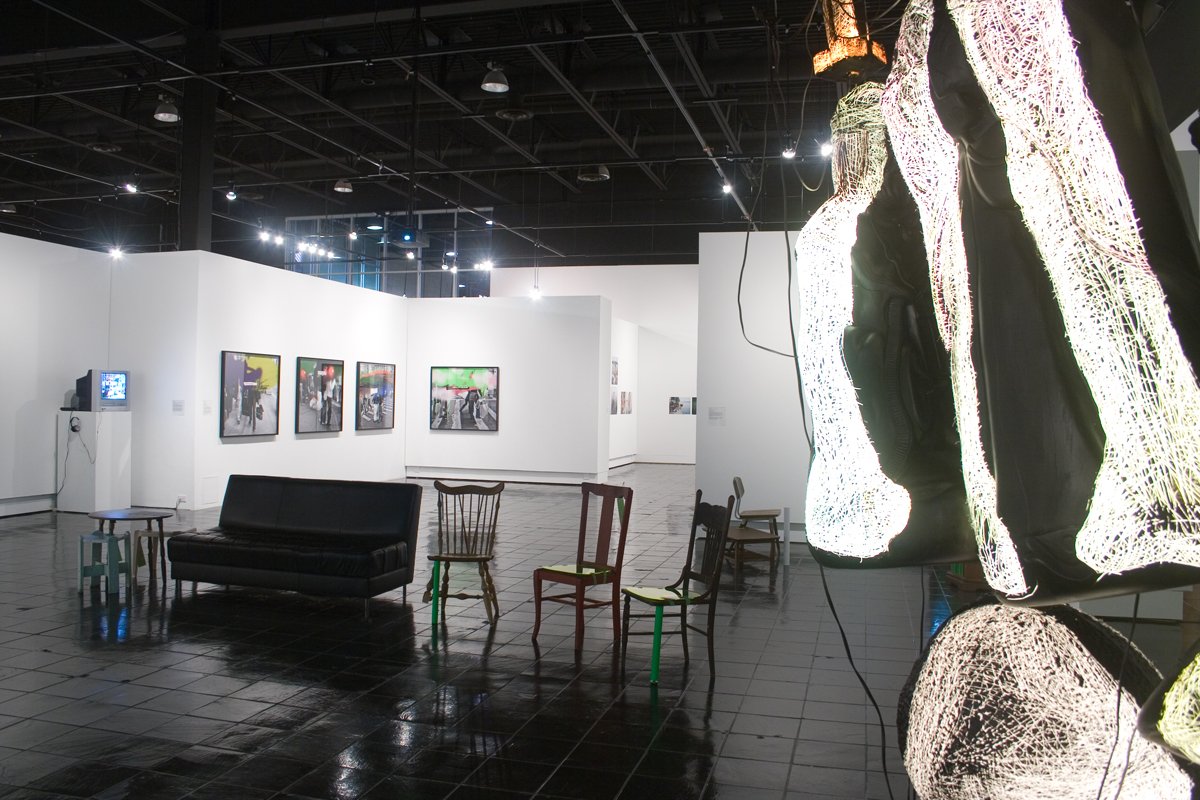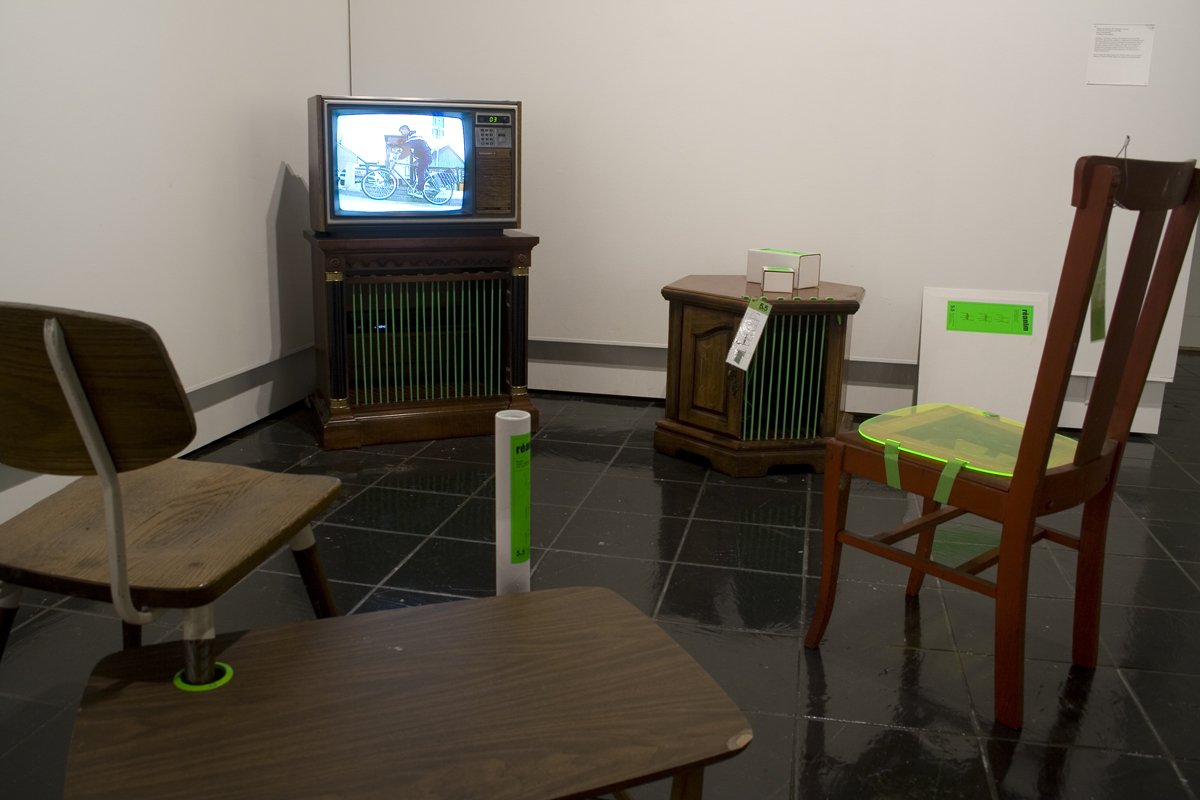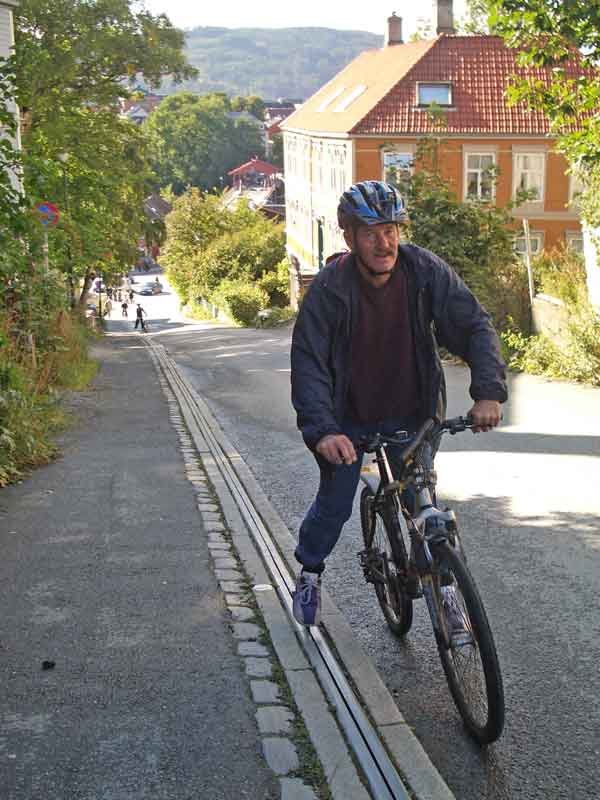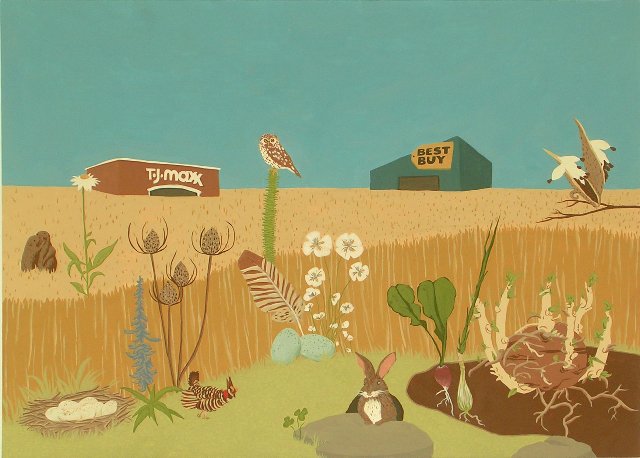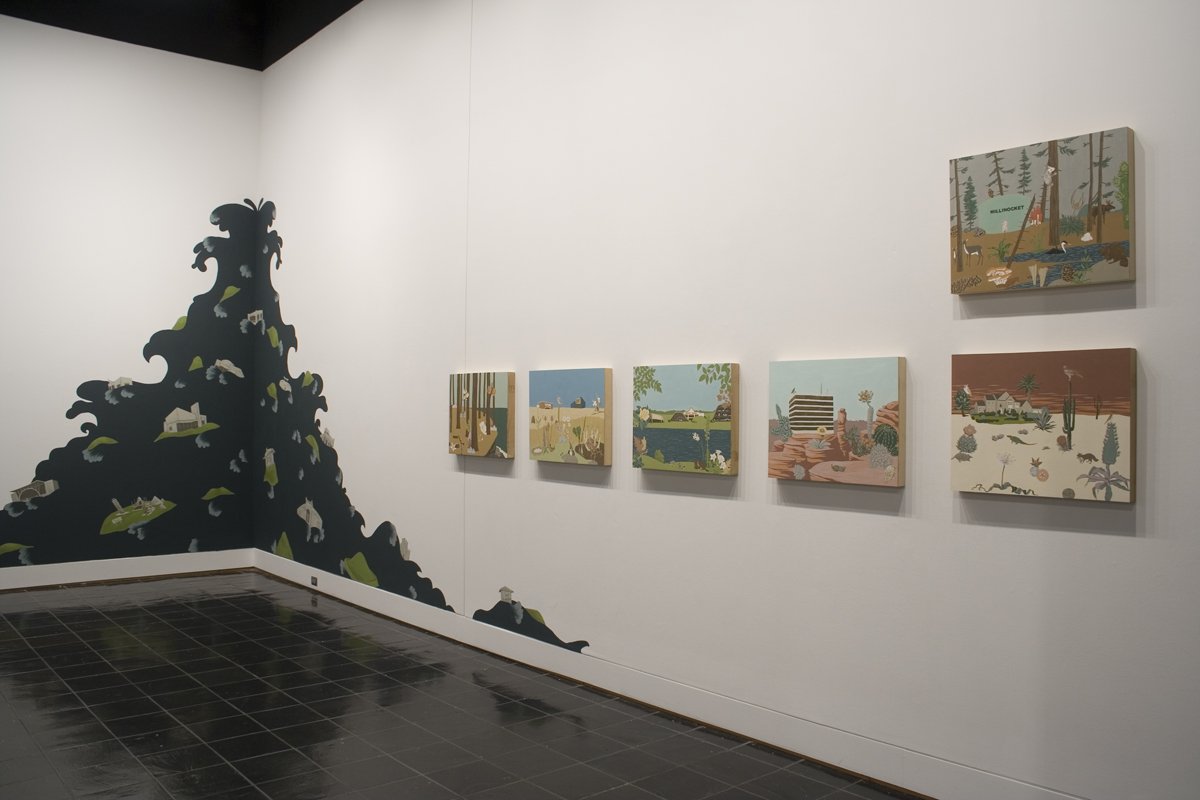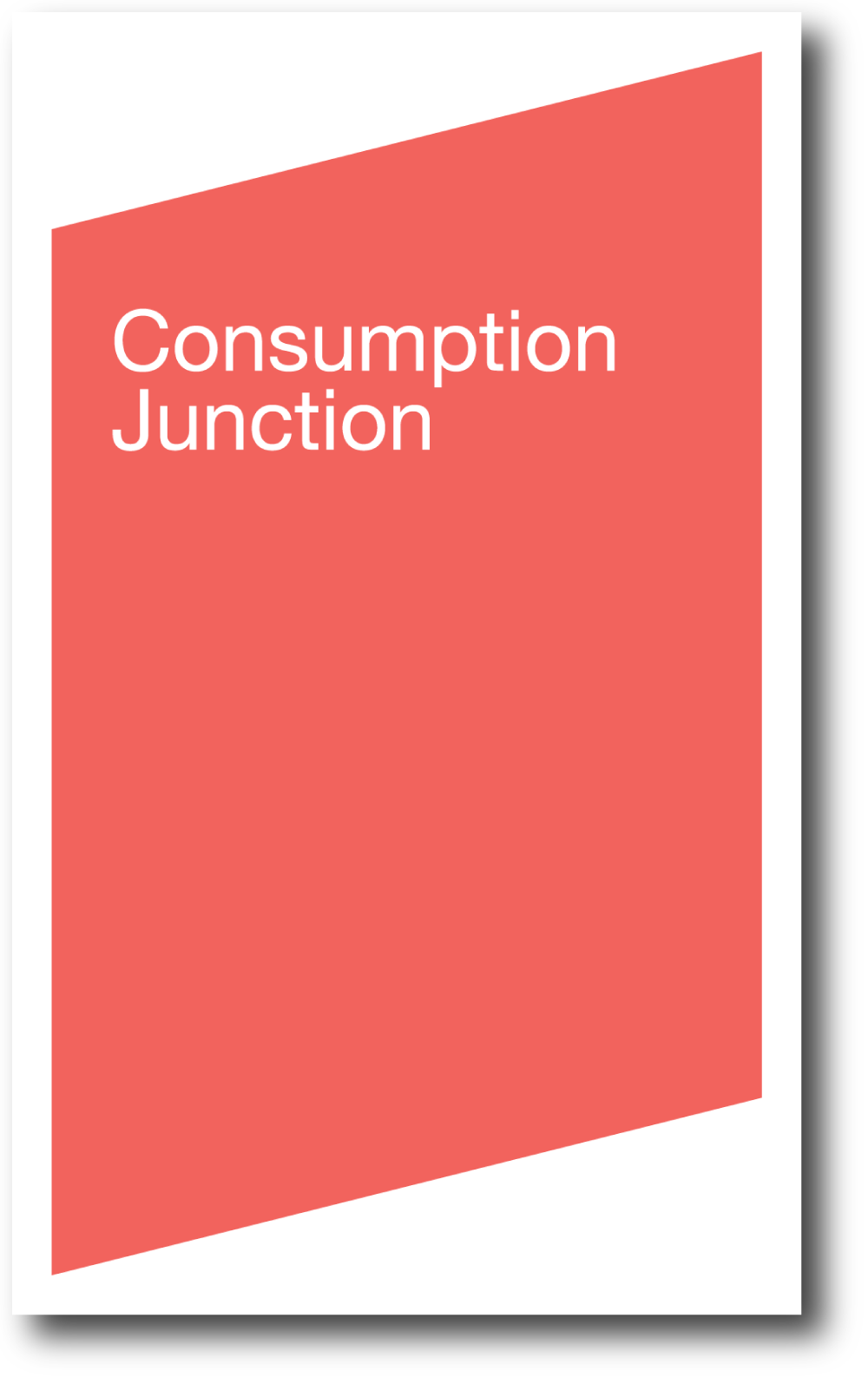Consumption Junction

A group exhibition addressing a range of topics related to mass consumption—from excessive spending, pollution, and urban infrastructure to alternative transportation, suburban sprawl, and recycling
Curated by James Voorhies
Columbus College of Art & Design, OH
September 13–December 8, 2007
Amy Chan, Guy Debord, Design Management AS, Dan Graham, Komar & Melamid, Learning Group, Nicola López, Scott Massey, Miss Rockaway Armada, Ester Partegás, Tim Rietenbach, 5.5 Designers
Made possible with funding and staff of Columbus College of Art & Design with grants from Greater Columbus Arts Council and the Ohio Arts Council; realized within my responsibilities as Director of Exhibitions at Columbus College of Art & Design
There is currently an extraordinary surge of interest in the state of the environment as we become increasingly aware of the cultural and ecological consequences caused by acts of over-consumption. A number of green organizations, labels, and certifications have contributed to more environmentally conscious ways of living and pushed these issues to a public forefront. But egregious waste, over-indulgence and mass consumerism continue to define contemporary society. Environmental activism is expressed in the things we buy and how we live, demonstrating our support for a better world through collective consumption of organically certified and socially accepted green products, actions and services. Alas, it is still consumption.
So how do we live an effective, environmentally sound life? In Consumption Junction participants sought to make us think more about these issues and other topics related to the general impact humans make on the earth. Through insightful cultural criticisms and whimsical, imaginative alternatives set somewhere between reality and fiction, the artists, writers, designers, thinkers, filmmakers and performers in the exhibition shared a sensitivity to this worldwide environmental movement and ecological crisis. We were encouraged to contemplate these issues a little more deeply at a juncture where excessive consumption and the environment meet.
Book
...
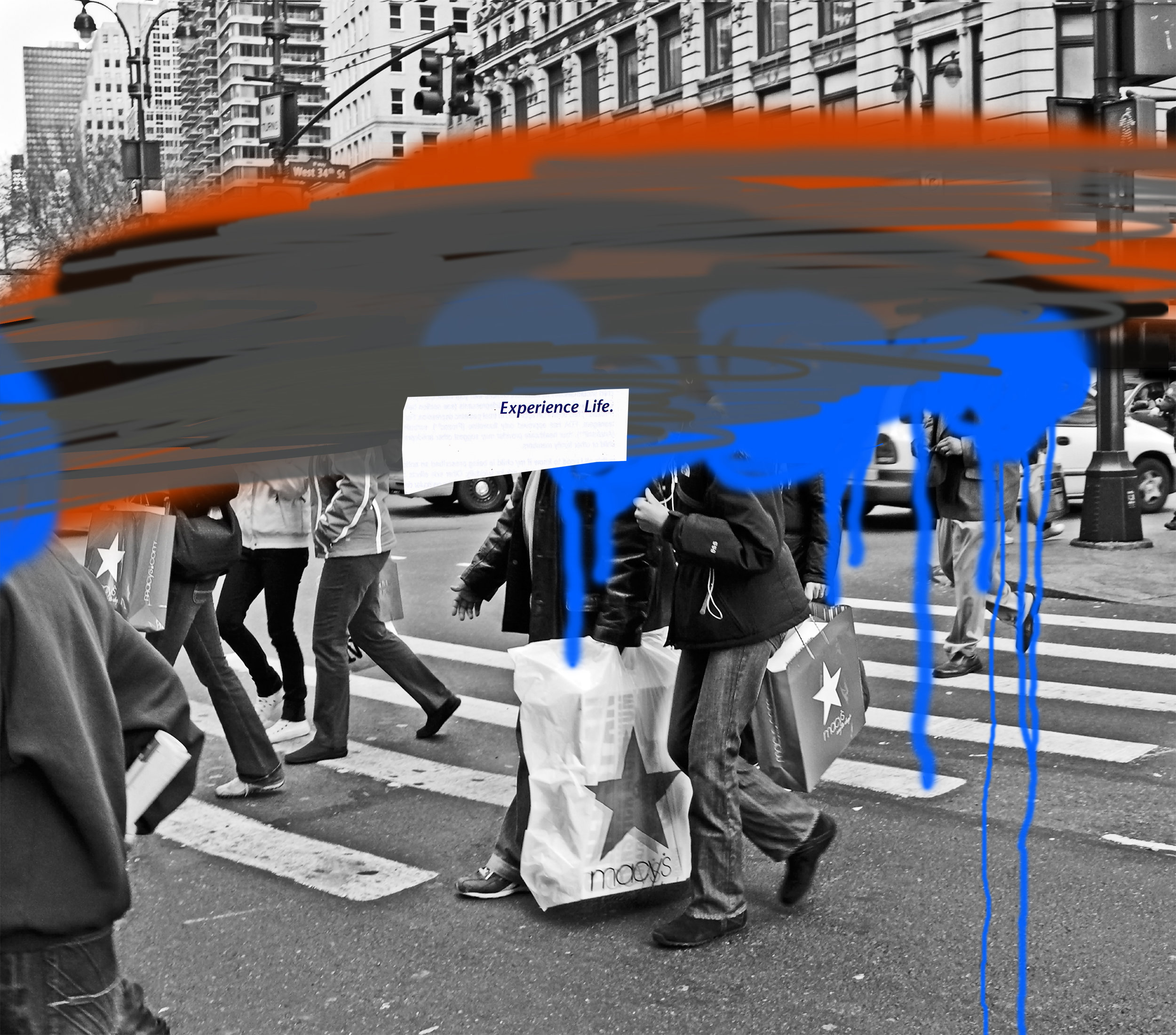
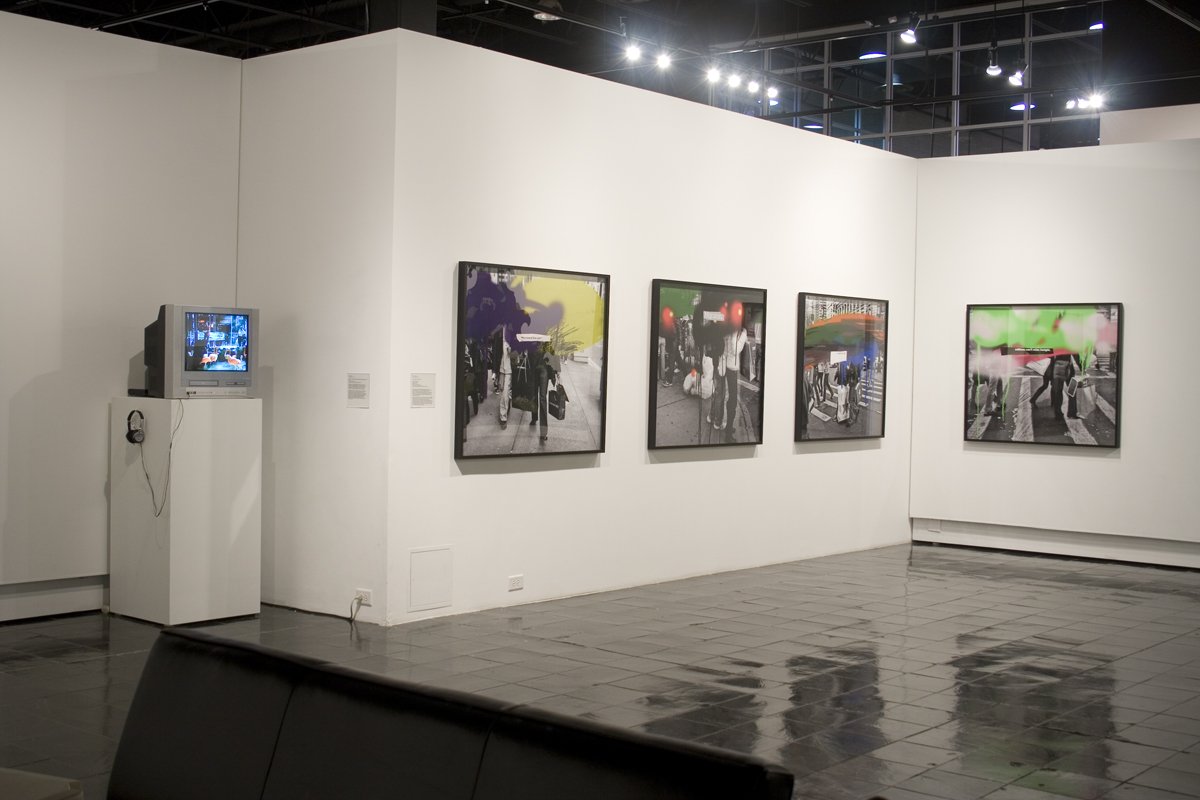
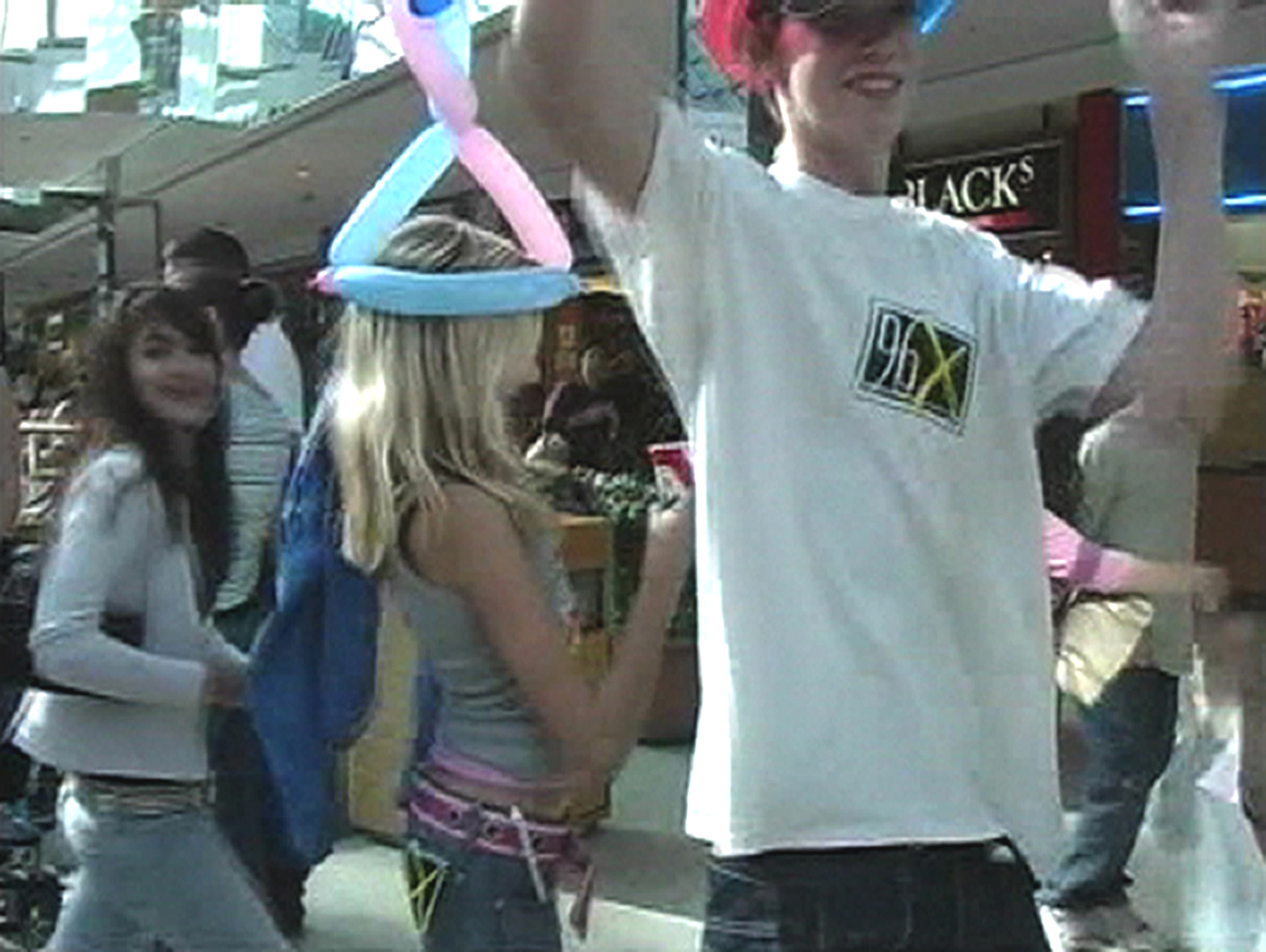
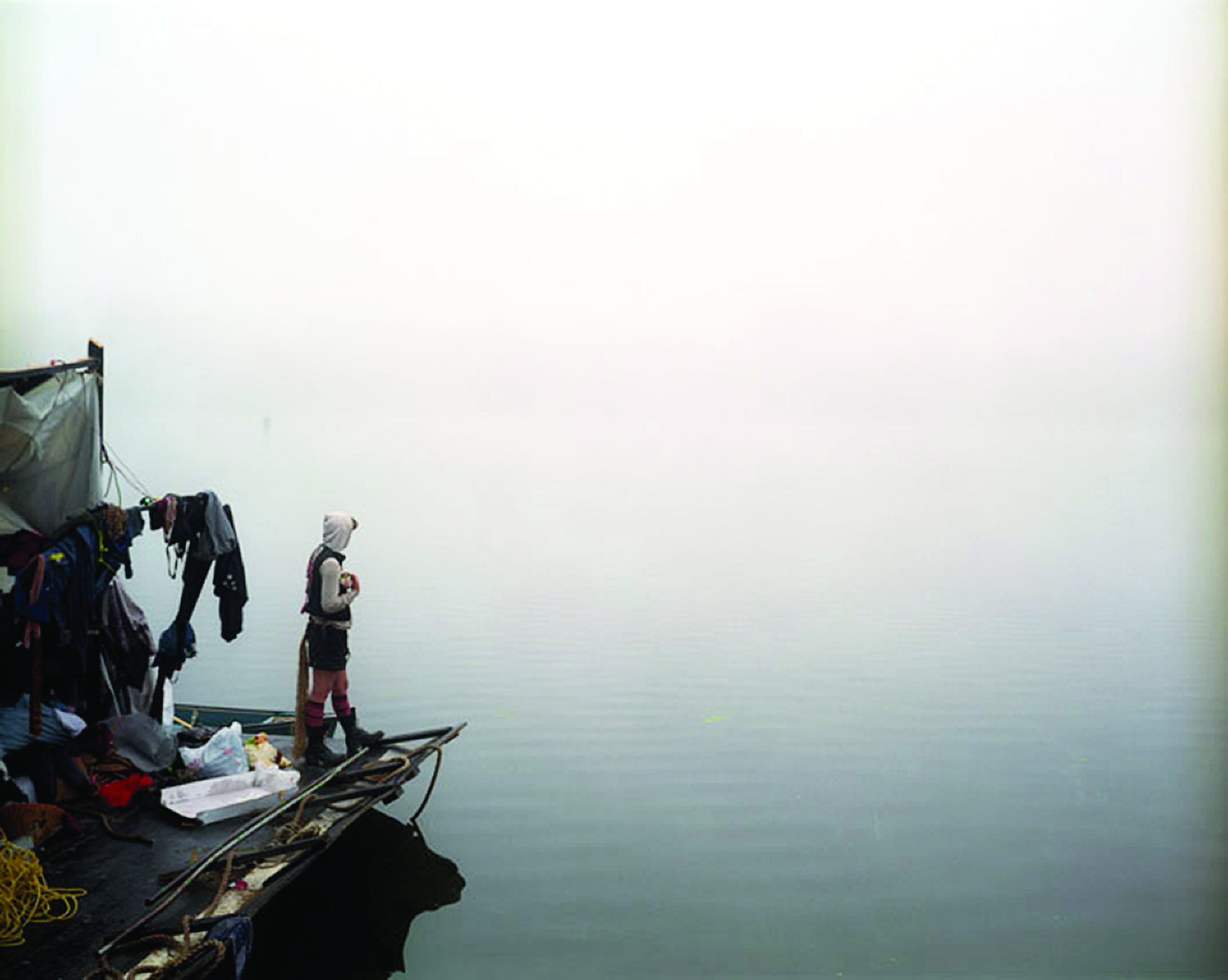
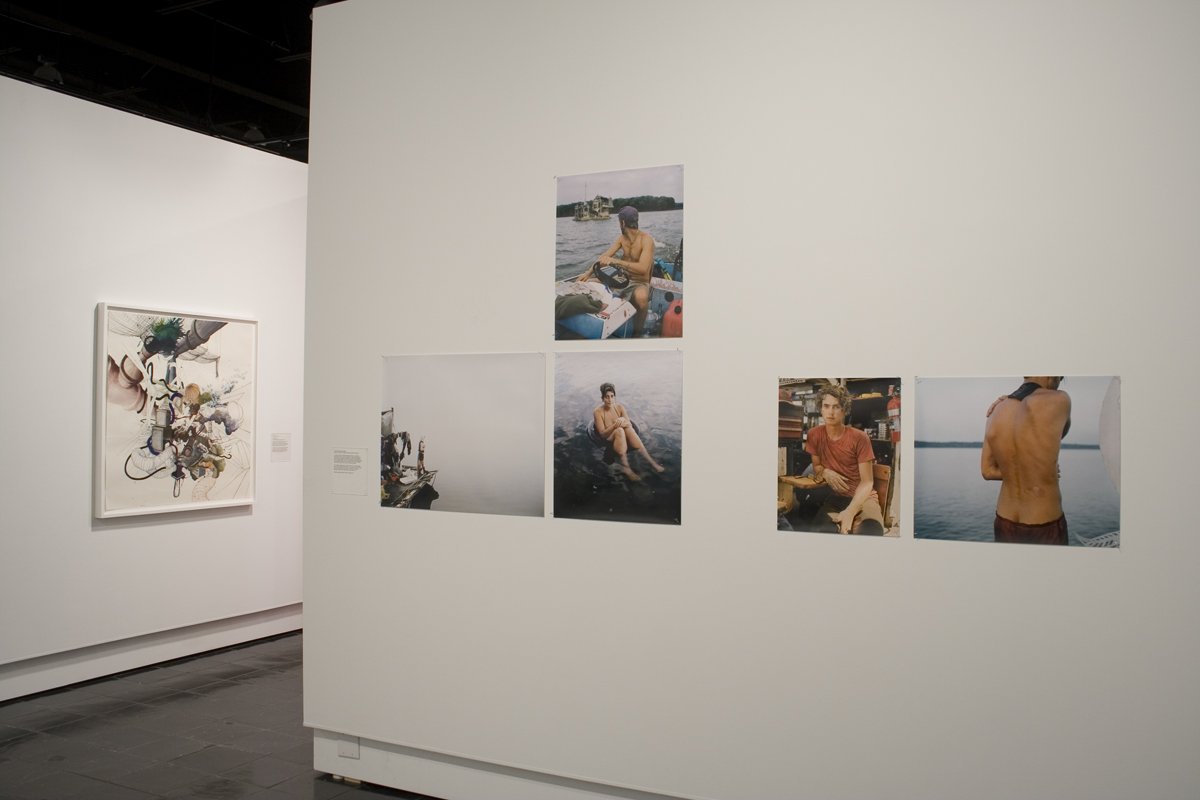
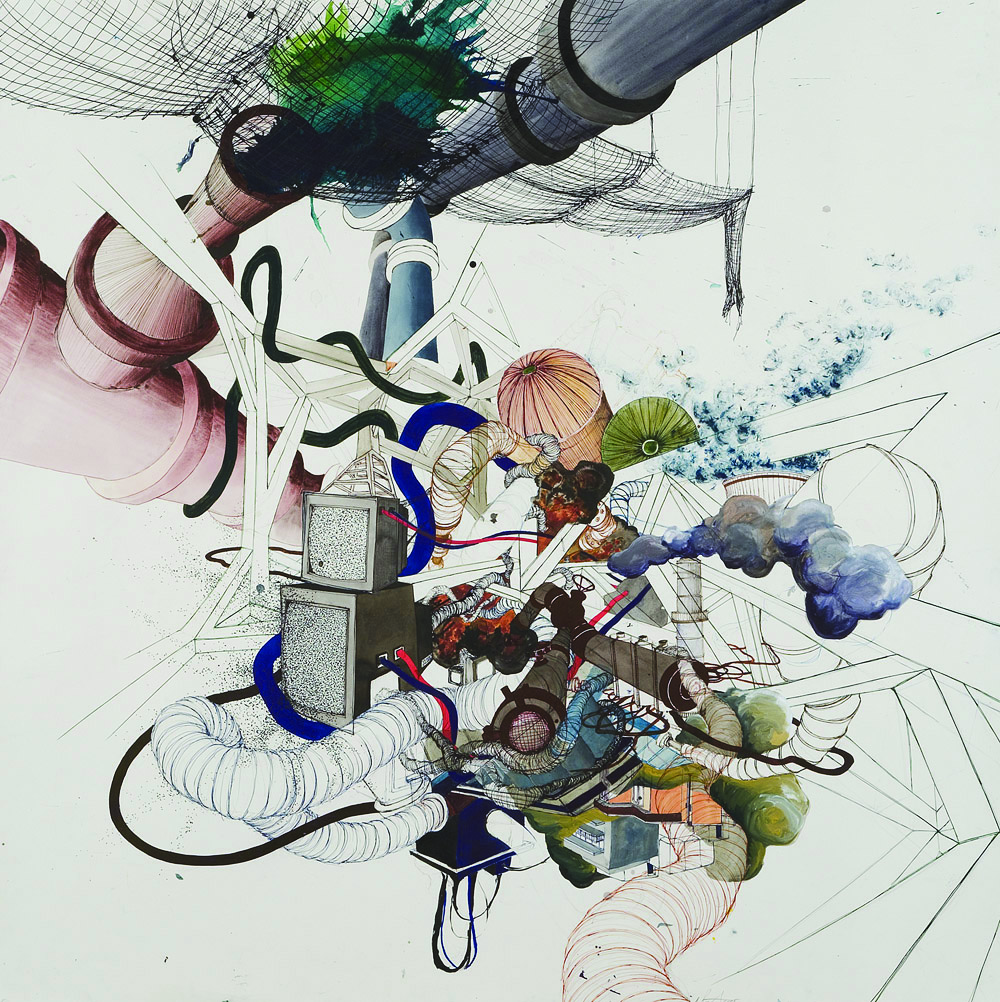
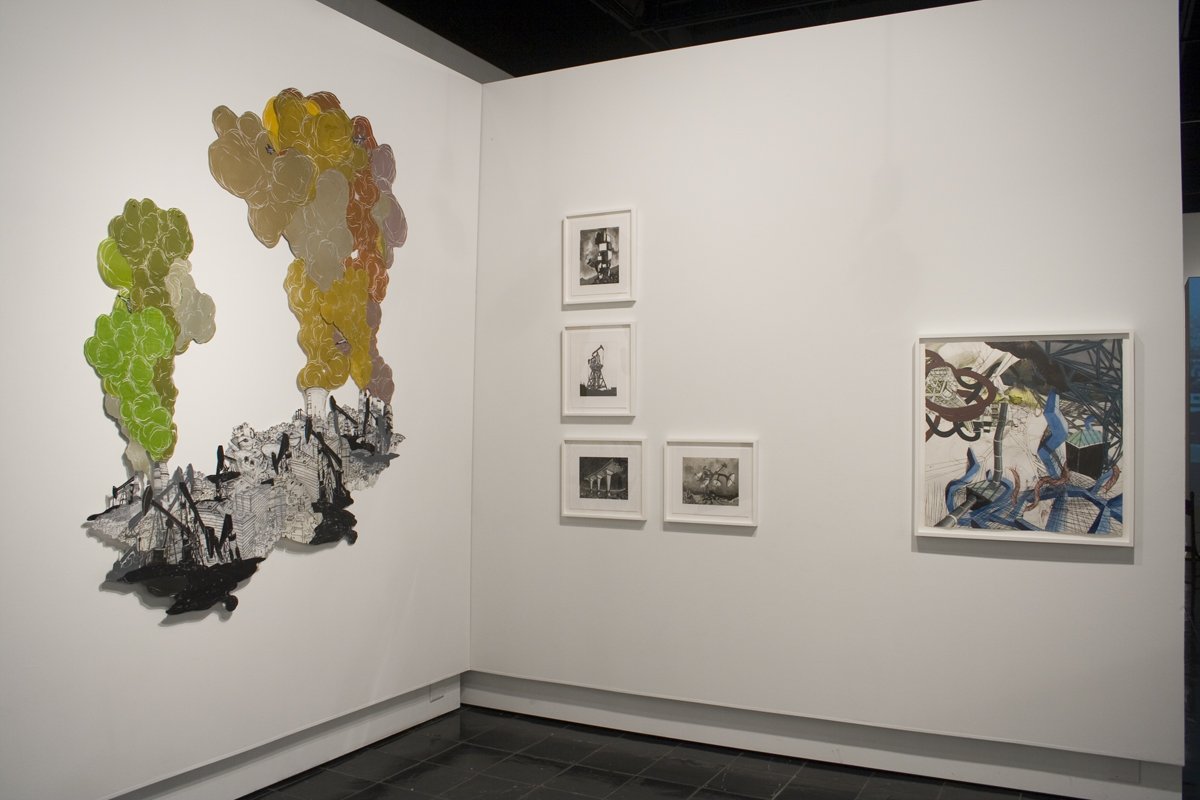
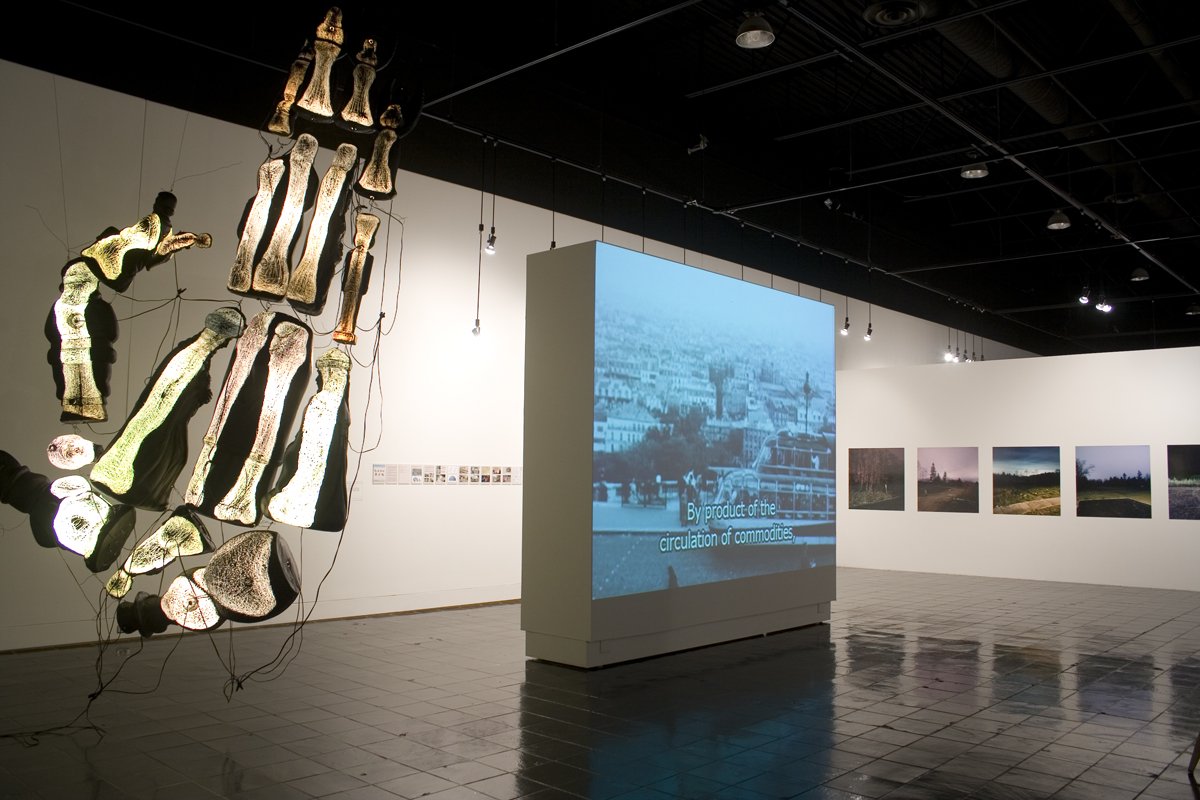
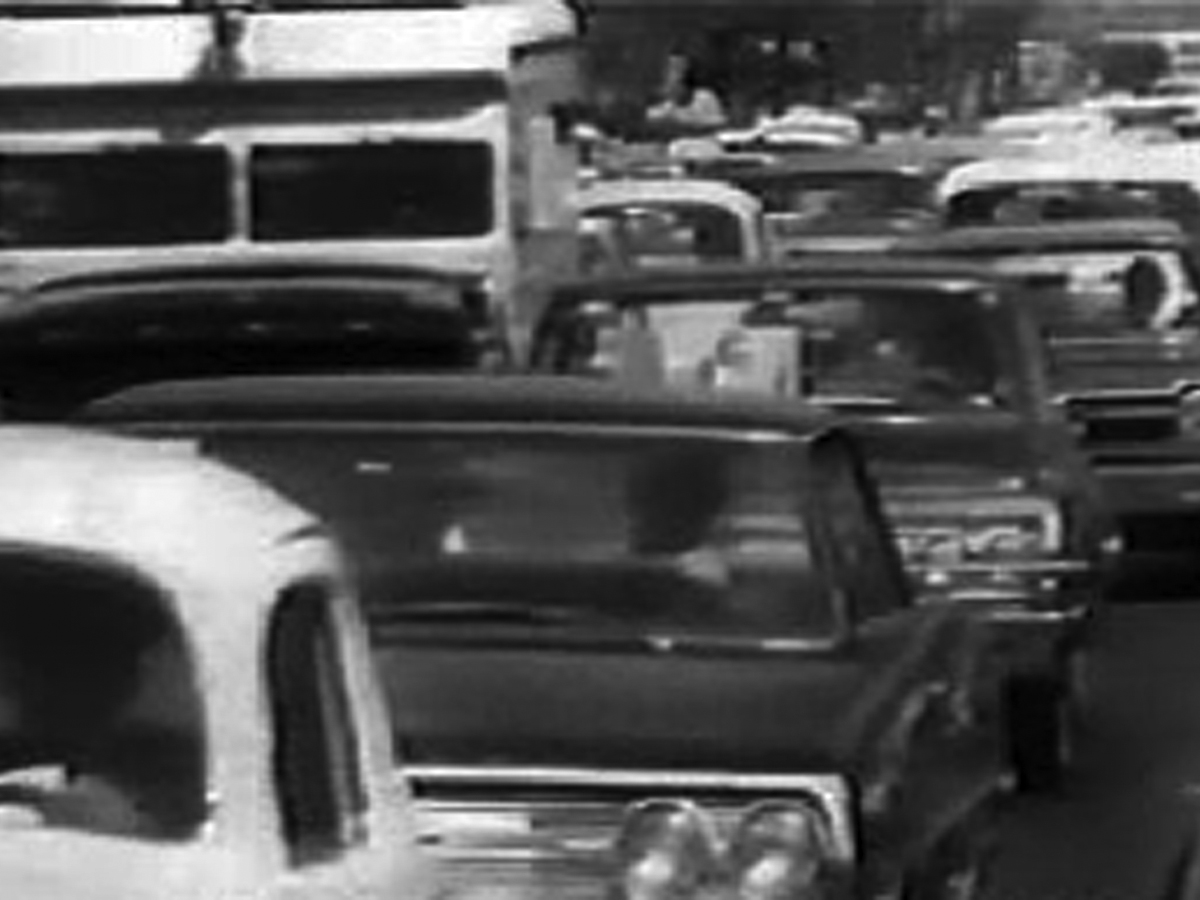
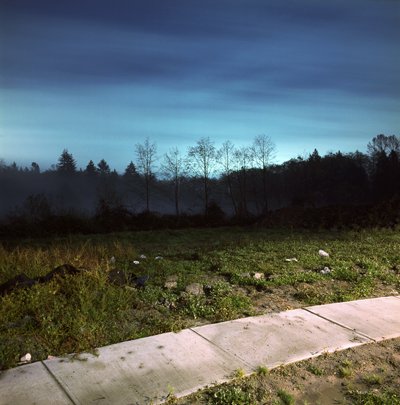
![Learning Group, [Collecting System] in Monterrey, Mexico , 2005, documentation of [Learning Book #001] and [ Learning Poster #003] . Courtesy of the artists; Scott Massey, 93B Avenue at 165th Street , 2006. From the series Crepuscule , fujiFlex](https://images.squarespace-cdn.com/content/v1/5a99ddbff93fd4aee71457de/1662387535016-6OI4D02AM6SH9Q8UVH7J/James+Voorhies+Consumption+Junction+2.jpg)
![Learning Group, [Collecting System] in Monterrey, Mexico , 2005. Documentation of [Learning Book #001] and [Learning Poster #003}. Courtesy of the artists](https://images.squarespace-cdn.com/content/v1/5a99ddbff93fd4aee71457de/1662387537293-VQCC8JHTIR54PTBPN8SX/James+Voorhies+Learning+Group.jpg)
